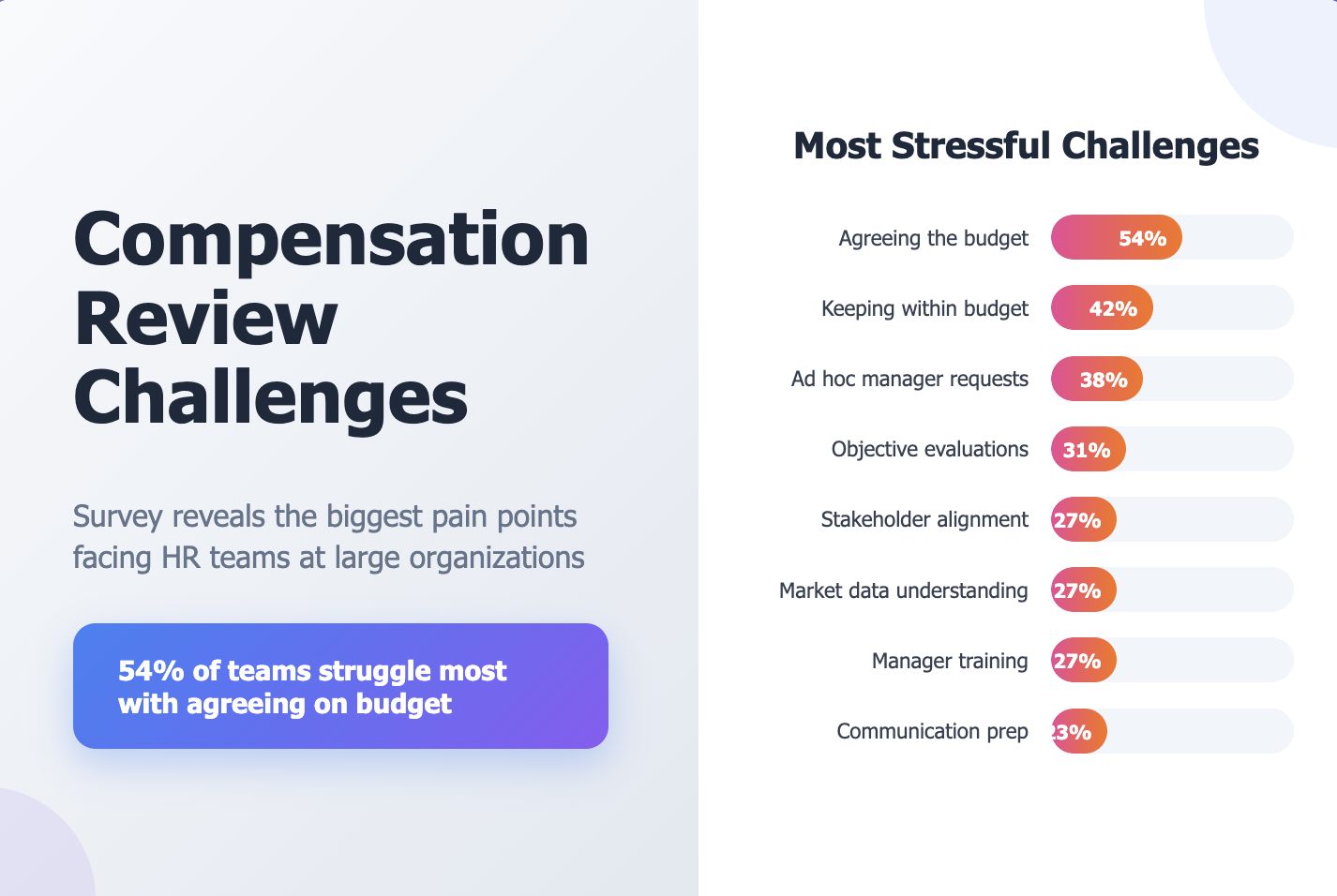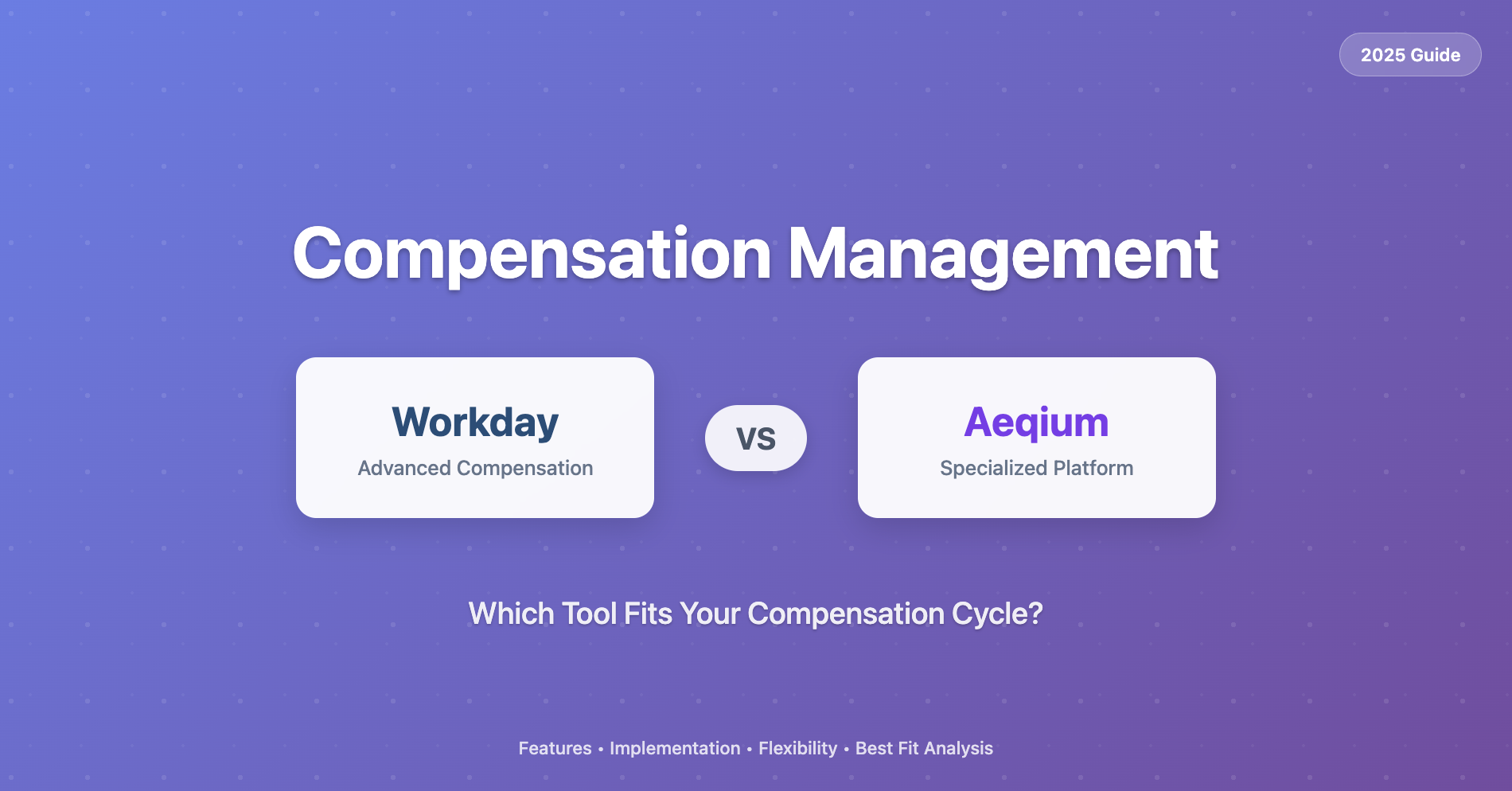An Open Tool to Understand Compensation

tl;dr: I’ve released a free tool to help understand tech company compensation. Try it out, share it, let me know what you think.
I’ve spent the majority of my career in private tech companies, and confusion around compensation from coworkers, employees, and friends has been a common thread through the years. With salary, starting bonuses, performance bonuses, and especially equity, there are enough numbers thrown at a tech worker to ensure they have little understanding of what they’re actually making or how to compare it to other offers.
Many business leaders and HR professionals have told me they want to solve this problem for their employees and candidates. There are even new companies emerging that sell a product to help explain compensation.
I couldn’t believe that there wasn’t a free, easy way to reason about offer total compensation. This should be an issue of education, not a professional service. Everyone should be able to comprehend how they’re being paid, even if their company hasn’t purchased a tool from a vendor. So, I decided to build something: the Aeqium Total Compensation Calculator.

A different way to tackle the problem
If you search the web for startup offer calculators, you’ll find a lot of prior work, but none of it really seemed to hit the mark. This is different in a few key ways that I find make it a lot more useful:
- Graphical Interface: There are a lot of spreadsheets (or online equivalents) out there. Those are great for crunching numbers, but I find most people can reason about the breakdown and evolution of their compensation better visually. Also, it’s more fun.
- Focus on Annual Total Compensation: Somehow, all of the startup offer calculators settled on computing the value of the equity you vest over 4 years. If you offered me $100,000 in annual salary, would you suggest I dream about the $400,000 I’ll have after working for you for 4 years? Of course not. You hope that you fall permanently in love with any new job, but the reality is that the median employee tenure at tech companies is around 2 years. Focusing on the cash and equity that you’ll earn on an annual basis makes more sense and is easier to compare to other kinds of offers.
- How We Reason About Equity Outcomes: The calculators I’ve seen tell you to figure out the percentage of the company you’ll own and predict the valuation at an exit. Some leave it at that, and others more accurately ask you to predict how much dilution you’ll experience. Every part of that is problematic. Mid to late stage companies often won’t divulge their share count for you to get the ownership percentage. Most people struggle to predict likely exit valuations. Just about all people struggle to reason about how much dilution they’ll experience. This tool just focuses on the annual growth rate of your stock’s value. You don’t need to know the total number of shares or make guesses about dilution. Details on this are in the next section.
The approach to startup equity outcomes

The strike price of your options and the preferred share price at the last round is something a company should always give you with a startup offer. In most successful exits, the price of your common stock will be the same as the investor’s preferred stock. This means that if we can make reasonable guesses about the return on investment that our investors are getting and how long it will be before an exit, we can get a pretty good idea of the value of the option at exit. This is useful, because hold periods and annual return rates are the language of venture capitalists, so there is decent data available.
The tool includes some averages and benchmarks to guide you and there is good data on VC average returns, distribution of outcomes, and average time to exit a web search away.
This approach is pretty different from the others I’ve seen out there, and no approach can reduce the uncertainty baked into startup equity. That said, I find it to be a helpful way to reduce variables and make it simpler to get a likely range of outcomes. If you’re tired of reading, I’d recommend just playing with the tool a bit to get a feel for this.
Final thoughts
My intent with this tool is to help as many people as possible understand the otherwise confusing details of their tech company compensation. I also think this can be a valuable resource for hiring teams at startups to share with their candidates. There are few non-goals to call out though:
- It’s not a crystal ball.
- It doesn’t get into the exciting and treacherous world of tax implications around startup equity.
- It is not intended to suggest you should just pick the highest compensation job you can get. Compensation is one of many factors people weigh in career decisions. The important thing is to make a decisions with open eyes and realistic compensation expectations.
Try the tool out, share it with your friends, use it at your company, and let me know what you think. If you find this useful, sign up below to hear about updates and related products or get in touch.




